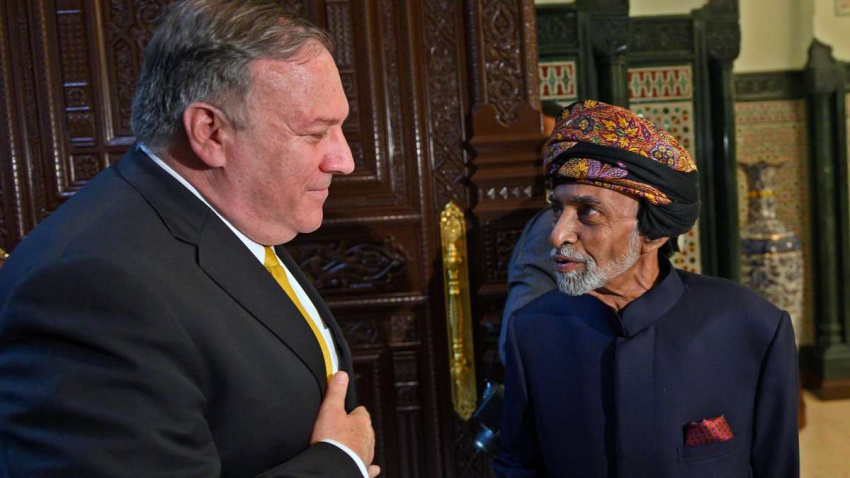America will strengthen its presence in the Persian Gulf: Shireen Hunter

Shireen Tahmaasb Hunter, a professor of political science at Georgetown University, says that “there is no way Oman can balance relations with Iran and the U.S.”
“Oman needs American security umbrella,” Hunter says.
She adds that “in future, while perhaps withdrawing from parts of Middle East America will strengthen its presence in the Persian Gulf.”
Following is the text of the interview:
Q: The United States clinched a strategic port deal with Oman which U.S. officials say will allow the U.S. military better access the Persian Gulf region and reduce the need to send ships through the Strait of Hormuz, a maritime choke point off Iran. What is the importance of this deal for U.S. from strategic aspects?
A: The United States would like to have a military, political and strategic supremacy in the Persian Gulf. The ability to prevent Iran from using the Strait of Hormuz to prevent shipping in the strait is part of this desire. It is also part of the U.S. strategy of containing Iran and forcing it to accept its terms for better relations in the future. In addition, looking to the long-term, control of the Persian Gulf is important for the United States, and indeed Europe, in terms of competition with China. Because China depends for a large part of its energy needs on the Persian Gulf region, by controlling the Gulf's energy resources and its trade routes, the United States could pressure China should the need arise. Thus, in future, while perhaps withdrawing from parts of Middle East America will strengthen its presence in the Persian Gulf.
Q: Why does Oman accept this deal on this time?
A: Oman is a small country dependent on American and British security guarantees. Consequently, Muscat is no position to refuse U.S. demands for port facilities of bases. Moreover, Oman, too, wants to enhance the position of its own ports at the expense of those of Iran. Oman has tried to use Iran as a counterweight to other Arab states, especially Saudi Arabia. However, it has no particular love for Iran. With the passage of time, the memory of Iran's help to defeat the Dhoffari rebels in the 1970s is fading. Thus, Oman, too, is reassessing its relations with Tehran in light of new strategic conditions a calculation. Much of Oman -Iran friendship were the legacy of close ties between the Shah and Sultan Qabus.
Q: How can Oman balance its foreign policy with Iran and U.S. under this deal?
A: There is no way Oman can balance relations with Iran and the U.S. As mentioned above, Oman needs an American security umbrella. Iran is in no position to provide for Oman's security. Moreover, as Iran-Arab relations have deteriorated, Oman is finding itself in a difficult position. Therefore, it might be considering some distancing from Iran.
Q: Will this deal impact on Oman relation with Iran?
A: The impact of the deal on Iran-Oman relations wild depend on Tehran's reaction. If Tehran reacts negatively, then relations will suffer. However, if Iran reacts calmly as it did when Netanyahu visited Muscat, then relations will not suffer much. The fact is, in the Persian Gulf, Iran is not in a position to compete with America. The United States is militarily preponderant. In addition, because of their anti-Iran sentiments and their weak positions, Arab states prefer American presence to that of Iran.
Source: Tehran Times

